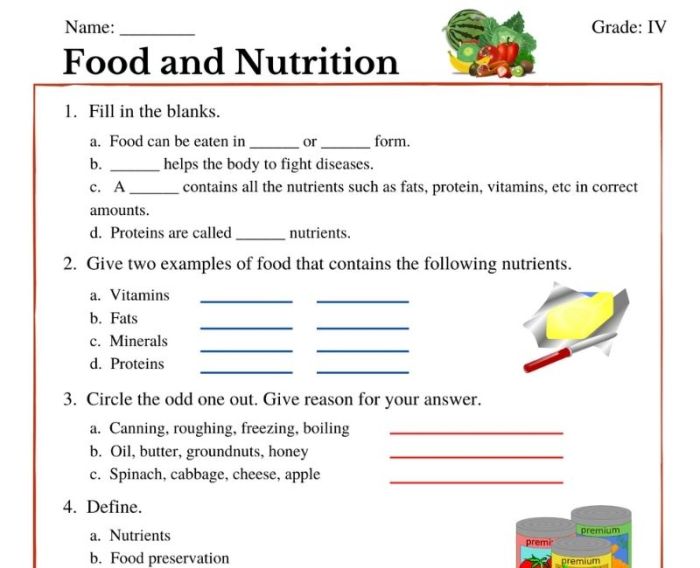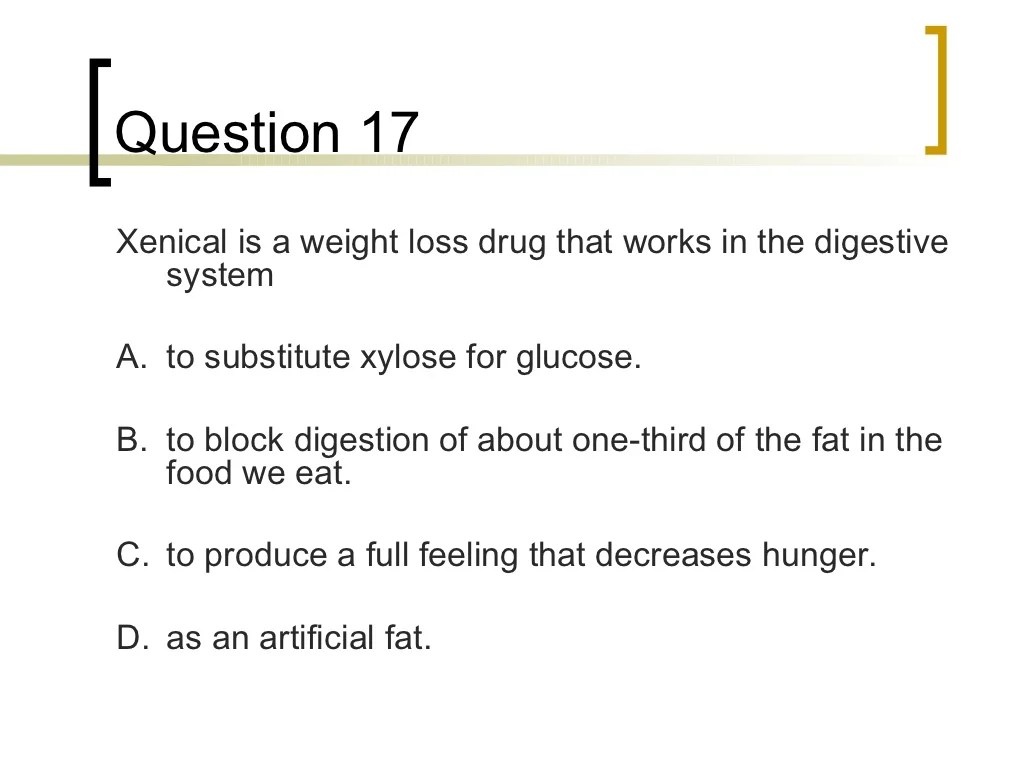Chapter 10 Nutrition for Health Answer Key embarks on a profound exploration of the intricate relationship between nutrition and overall well-being. Delving into the fundamental principles of human nutrition, this chapter unveils the essential nutrients required for optimal health, empowering individuals to make informed dietary choices.
From the role of macronutrients in providing energy to the significance of micronutrients in maintaining vital bodily functions, this comprehensive guide unravels the complexities of dietary recommendations and guidelines. By examining the link between nutrition and chronic disease prevention, readers gain invaluable insights into the power of dietary choices in safeguarding their long-term health.
1. Key Concepts in Nutrition

Nutrition is the science that studies the nutrients in food and how the body uses them to maintain health and well-being. Essential nutrients are substances that the body cannot produce on its own and must obtain from food.
Macronutrients are nutrients required in large amounts and provide energy and building blocks for the body. They include carbohydrates, proteins, and fats. Micronutrients are nutrients required in smaller amounts and are essential for various bodily functions. They include vitamins and minerals.
Food sources rich in macronutrients include:
- Carbohydrates: fruits, vegetables, grains, legumes
- Proteins: meat, poultry, fish, eggs, dairy products, legumes
- Fats: vegetable oils, nuts, seeds, avocado
Food sources rich in micronutrients include:
- Vitamins: fruits, vegetables, whole grains, dairy products
- Minerals: leafy green vegetables, legumes, nuts, seeds
2. Dietary Guidelines and Recommendations
Dietary guidelines provide recommendations for healthy eating and promoting health. The key recommendations include:
- Eat a variety of foods from all food groups
- Limit saturated and trans fats, cholesterol, and sodium
- Increase intake of fruits, vegetables, and whole grains
- Choose lean protein sources
- Limit added sugars
A balanced diet includes a variety of foods from all food groups to ensure adequate intake of all essential nutrients. Food labels provide information about the nutrient content of foods and can help individuals make informed dietary choices.
3. Nutrition and Chronic Disease Prevention
Nutrition plays a crucial role in preventing chronic diseases such as heart disease, stroke, type 2 diabetes, and some types of cancer. A diet rich in fruits, vegetables, whole grains, and lean protein can reduce the risk of these diseases.
Specific nutrients and dietary patterns associated with reduced risk of chronic diseases include:
- Fiber: reduces cholesterol levels and improves blood sugar control
- Antioxidants: protect cells from damage
- Omega-3 fatty acids: reduce inflammation
- Mediterranean diet: emphasizes fruits, vegetables, whole grains, olive oil, and fish
Healthy dietary changes that can promote disease prevention include:
- Increasing fruit and vegetable intake
- Choosing whole grains over refined grains
- Limiting saturated and trans fats
- Including lean protein sources in meals
- Reducing added sugars
4. Special Nutritional Needs: Chapter 10 Nutrition For Health Answer Key

Specific population groups have unique nutritional needs that require adaptation of dietary recommendations. These groups include:
- Children: require adequate nutrients for growth and development
- Pregnant women: need additional nutrients to support fetal development
- Elderly: may have decreased nutrient absorption and increased risk of malnutrition
- Individuals with certain health conditions: may have specific dietary restrictions or increased nutrient requirements
Addressing common nutritional challenges faced by these populations involves:
- Ensuring adequate nutrient intake for children
- Providing prenatal supplements and dietary guidance for pregnant women
- Addressing malnutrition and providing nutrient-rich foods for the elderly
- Tailoring dietary recommendations to meet the specific needs of individuals with health conditions
5. Nutrition Assessment and Intervention

Nutrition assessment involves evaluating an individual’s nutritional status through dietary analysis, anthropometric measurements, and biochemical tests.
Healthcare professionals play a vital role in providing nutrition counseling and developing individualized nutrition plans. They:
- Assess nutritional status
- Identify nutritional deficiencies or excesses
- Develop and implement nutrition interventions
- Monitor and evaluate progress
Nutrition interventions aim to improve nutritional status and promote health. They may include:
- Dietary modifications
- Supplementation
- Behavioral counseling
Monitoring and evaluating nutrition interventions is crucial to ensure effectiveness and make necessary adjustments.
Expert Answers
What are the essential nutrients required for human health?
Essential nutrients include carbohydrates, proteins, fats, vitamins, and minerals, each playing a crucial role in maintaining optimal bodily functions.
How can I make informed dietary decisions?
Understanding food labels and adhering to dietary recommendations can assist individuals in making informed dietary choices that align with their nutritional needs.
What is the link between nutrition and chronic disease prevention?
Adopting a balanced diet rich in fruits, vegetables, and whole grains can significantly reduce the risk of developing chronic diseases such as heart disease, stroke, and type 2 diabetes.